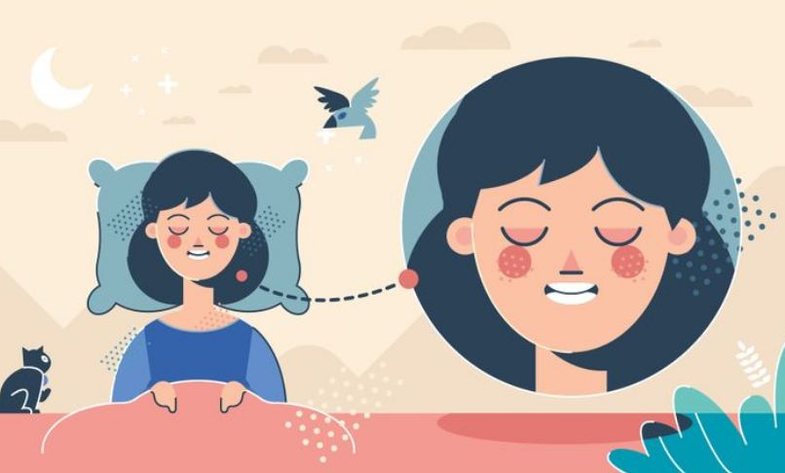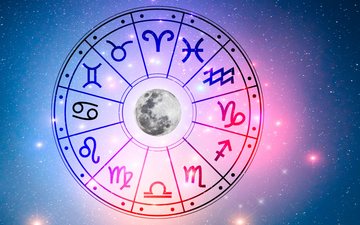
Bruxism is the involuntary clenching and gnashing of teeth.
About half the population does it occasionally. Meanwhile, 5% of the population are "regular" in gnashing their teeth.
It often happens during sleep, but some people do it even when they are awake.
Usually, a person does not understand what he is doing with his teeth. The partner with whom he shares the bed and hears the noises is often the first to notice the problem.
Parents can also listen to it to their children.
Teething can also be the result of stress. For example, in some people it happens when they are angry, focused or anxious.
Some of the symptoms of bruxism include:
- headache, jaw pain and / or ear pain
- toothache, especially immediately after waking up
- pain and / or sensation similar to numbness in the jaw, immediately after waking up
- pain or stiffness in the jaw during chewing, especially in the morning
- Jaw clenching when you are angry or anxious
- temperature sensitive teeth
- damaged tooth enamel
- tissue raised on the inside of the cheeks, caused by the bite
- loose teeth
Some problems with bruxism may include:
- broken teeth or fillings of decayed teeth
- jaw pain
- sore jaw muscles
- strain in the jaw area
- teeth are more sensitive to hot and cold things.
- tooth loss (rare)
- jaw muscle enlargement (rare)
Treatment for bruxism:
If you think you are also gnashing your teeth, talk to your dentist or another oral health professional.
They can talk about possible treatment options that include:
- repair of tooth decay
- a "mouth guard" (device) for the mouth that you can wear at night, for protection
- stress management therapy
- relaxation techniques
- cognitive behavioral therapy
- hypnotherapy
-good sleep hygiene, regular sleep, etc.
Source: Better Health





